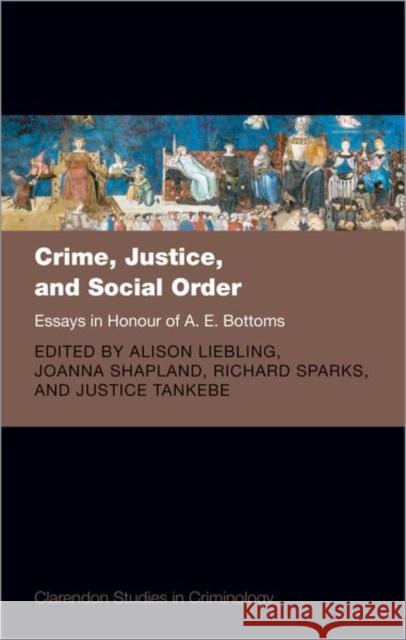Crime, Justice, and Social Order: Essays in Honour of A. E. Bottoms » książka
topmenu
Crime, Justice, and Social Order: Essays in Honour of A. E. Bottoms
ISBN-13: 9780192859600 / Angielski / Twarda / 2022 / 448 str.
Kategorie:
Kategorie BISAC:
Wydawca:
Oxford University Press
Seria wydawnicza:
Język:
Angielski
ISBN-13:
9780192859600
Rok wydania:
2022
Ilość stron:
448
Waga:
0.68 kg
Wymiary:
21.08 x 13.97 x 3.05
Oprawa:
Twarda
Wolumenów:
01
Dodatkowe informacje:
Bibliografia
Wydanie ilustrowane
Wydanie ilustrowane











